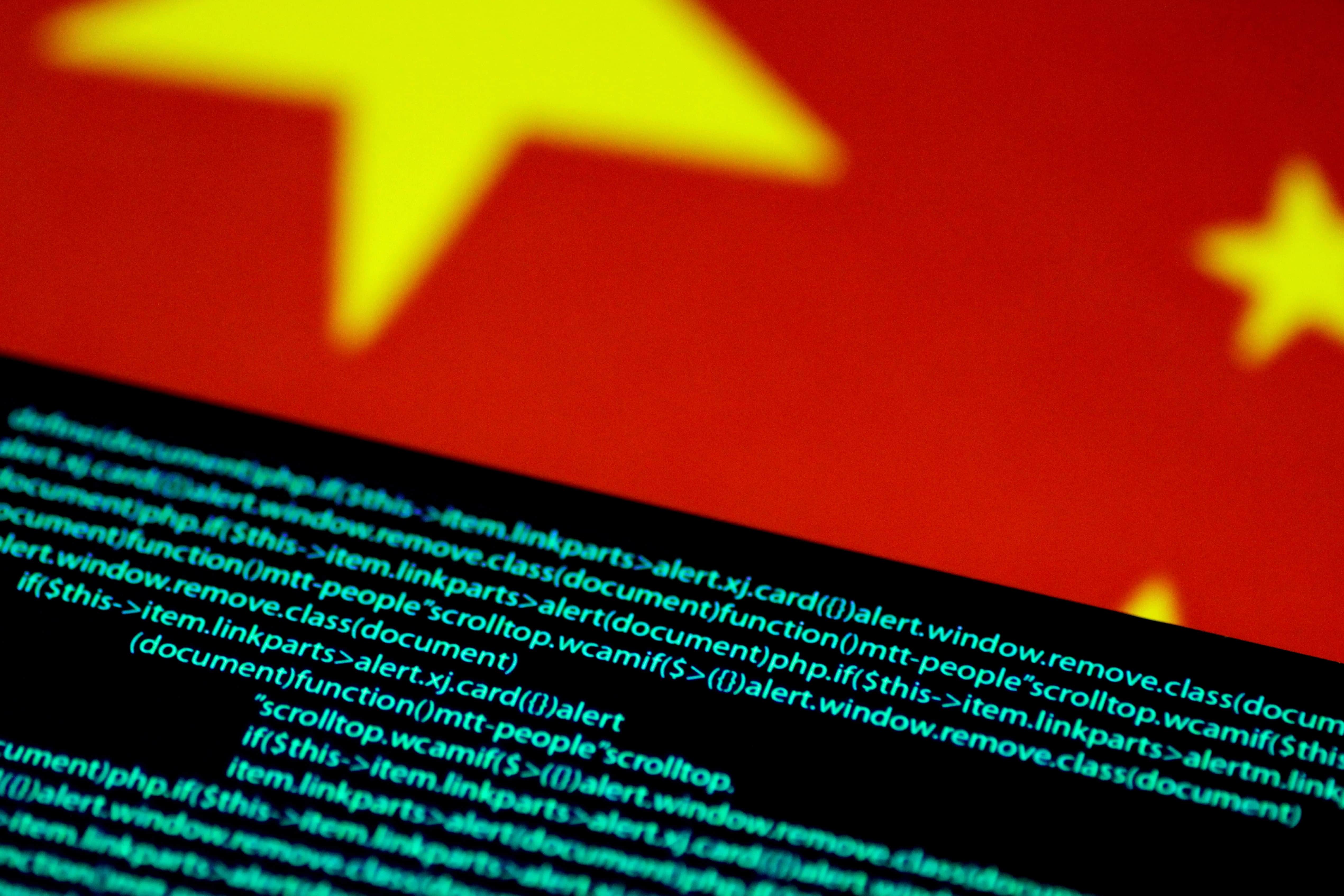Chinese netizens who have not registered their user accounts with platforms under a new real name system will not be able to post online comments.
This statement was originally published on advox.globalvoices.org on 27 August 2017. It is republished here under Creative Commons license CC-BY 3.0.
As of October 1, 2017, Chinese netizens who have not registered their user accounts with online platforms under a new real name system will not be able to post comments on online content, while bans await trouble-makers.
“The Regulation on the Management of Internet Comments” was announced by the Cyberspace Administration of China on August 25. The regulation specifies that platforms that provide services for netizens to comment on original content, including films, posts, online games or news, should force users to provide their authentic identity via an individual user account system before posting. Platform operators should not offer such services to those who have not verified their identity.
The regulation will dramatically reduce space for online comments as large number of unauthenticated users will not be able to write original posts and leave comments. Moreover, many platforms will be unable to bear the burden of the identity verification system.
Real name registration for online comment
According to Article 2 of the regulation, commenting services refer to websites, mobile applications, interactive platforms, news sites, and other social platforms that allow or facilitate users to create original content, reply to posts, leave comments on news threads or other items in the form of written text, symbols, emojis, images, voice messages or video.
The responsibilities of comment service operators, according to Article 5, include the verification of user identities, the setting up of a comment management system to pre-screen comments on news, preventing the spread of illegal information and reporting comments to the authorities.
Controversially, the regulation also specifies in Article 9 that comment service operators should manage their users by rating their ‘social credit’, an algorithm to measure a person’s overall “goodness” as a citizen
Those with low credit should be blacklisted from posting and prevented from registering new accounts to use the service. At the same time, state, province and city-level cyberspace affairs offices will set up a management system to evaluate the overall social credit of comment service operators on a regular basis.
Goodies and baddies
The Orwellian social credit system for regulating internet users’ activities was revealed in 2014 and the Chinese government authorized a number of credit service agencies to collect, evaluate and manage peoples’s credit information the following year.
According to the Chinese government’s Planning Outline for the Construction of a Social Credit System, the system aims to measure and enhance “trust” between and among government, commercial sectors and citizens and to “strengthen sincerity in government affairs, commercial sincerity, social sincerity and the construction of judicial credibility.” However, the allocation of individual credit is not transparent and the current regulation on comment services indicates that individual online speech is a key factor in its calculation.
A commentary from the state agency Xinhua attempted to justify the government’s new policy by arguing that the regulation is intended to stop the pollution of online spaces with disinformation and pornographic or violent content.
It stated:
The Internet can be borderless, but comments should have boundaries. If there are no principles, freedom can turn into “terror”; without management, indulgence could harm the development of the [online] industry. If we continue to indulge [netizens], online comments might become a swell of negative energy and the “poisonous grass” of cyberspace.
Earlier this month, the Cyberspace Administration launched investigations into popular Chinese social networks WeChat, Sina Weibo and Baidu Tieba for suspected violations of China’s Cybersecurity Law.
China started to implement real name registration across social media platforms in 2011. But large number of users refused to authenticate their identities prior to the stated deadline of March 2012. Representatives of social media negotiated with the government for a more flexible schedule with a clearer legal framework.
Since 2012 a series of laws and regulations have been introduced to require Internet service providers, Telecoms, Apps stores and content service providers to adopt real name registration for their services.
Thus far only national and large-scale social media and content service operators have implemented real name registration and they have not introduced measures to penalize unauthenticated users beyond limiting the circulation of their posts.
‘Banning comment is the objective’
The majority of small-to-medium-size local websites and forums have not implemented real name registration because they simply don’t have the capital and infrastructure to do so. The new regulation compels such websites to shut down their interactive features.
Tech-blogger William Long who has discussed the issue with regulators in the past wrote in his blog:
I have discussed with the relevant authorities how small forums and websites can implement real name registration. Their view is, they can either shut the comment section down or ask their users to verify their identity by providing mobile phone verification codes.
Owners of small websites can only afford a few hundred yuan to hire a server. The cost of mobile verification is RMB 6 cents per message. They would have to spend RMB 6 yuan per 100 comments. If their competitors deliberately overload them by posting a few thousand comments a day, they will not be able to afford the cost [of verification]. In the end they will be forced to ban comments.
Good. Because banning comments is the [government’s] objective.
Most online comments on the regulation have been hidden on social media — some threads show only two comments out of hundreds, while on others the comment section has been shut down. The majority of comments do not appear on a search.
Below are some of the critical comments gathered from various discussion threads on Weibo that have survived the cull:
With or without real name registration, they know who you are. What they intend to do is to make you fearful.
I always use my real name. It is you [the authorities] who are afraid of opening up the comment thread.
[Authorities] are shameless in their desire for stability.
This is pathological. With so many websites, they all have to adopt real name?
Back to the Qin Dynasty.



